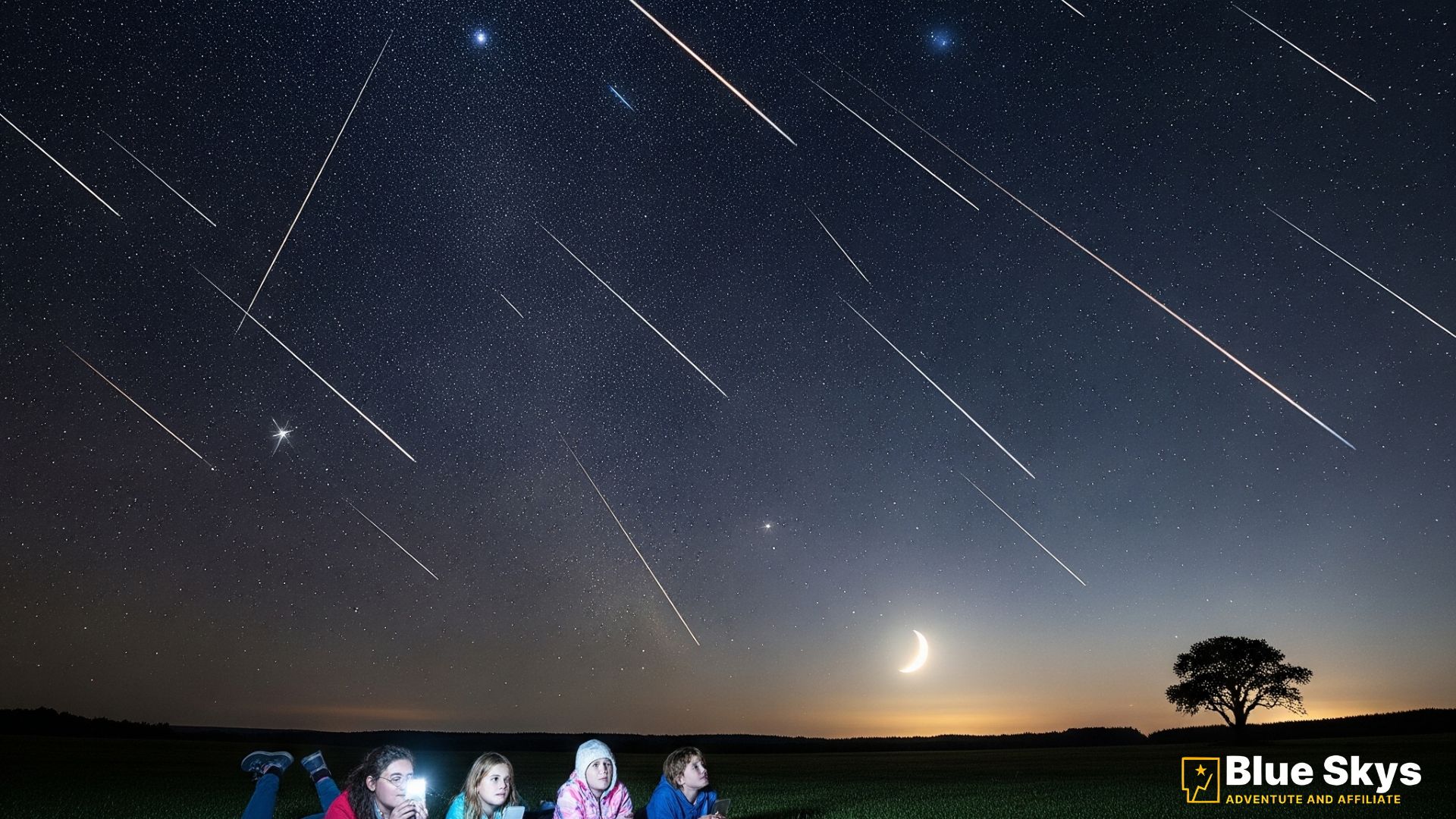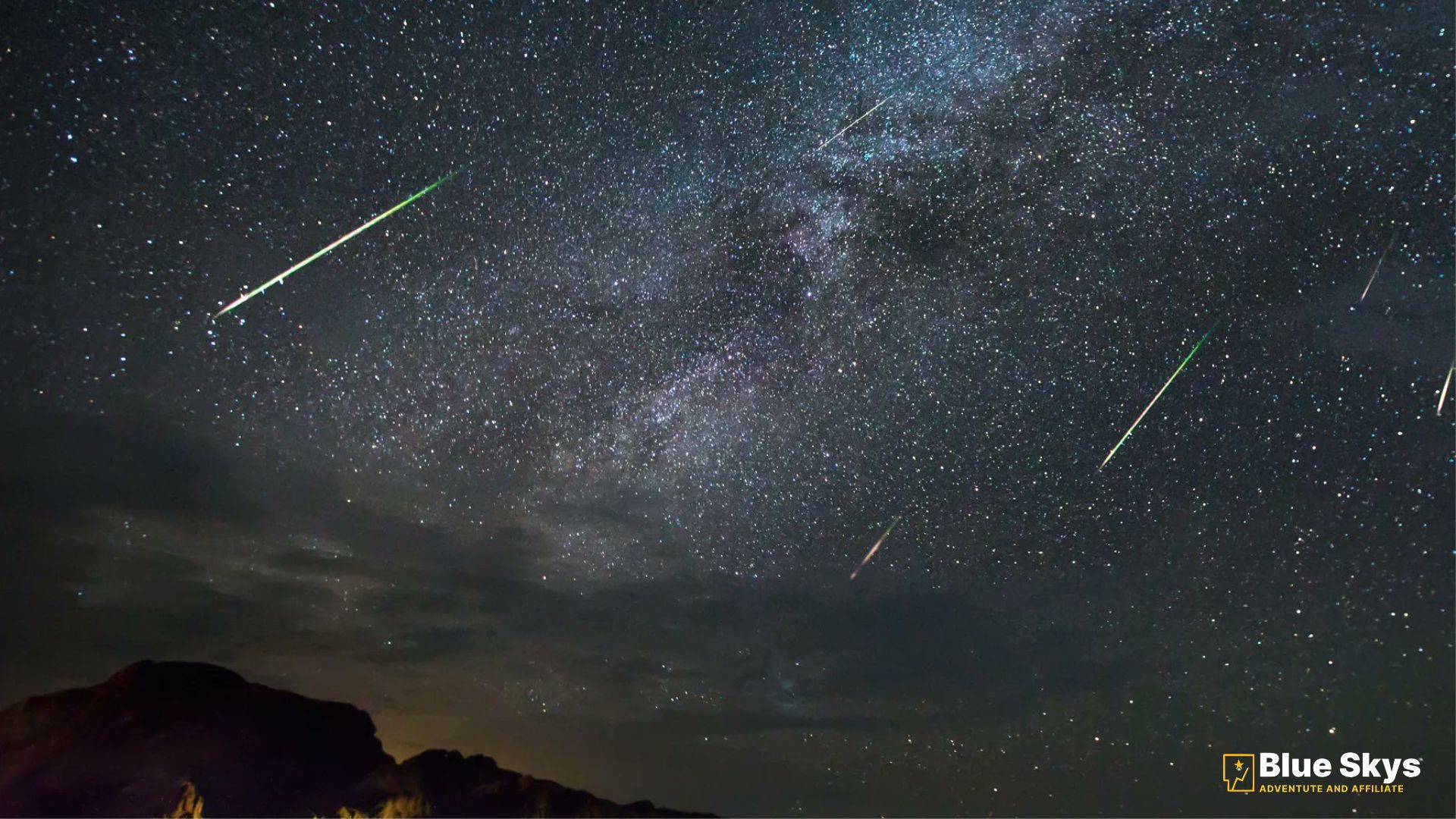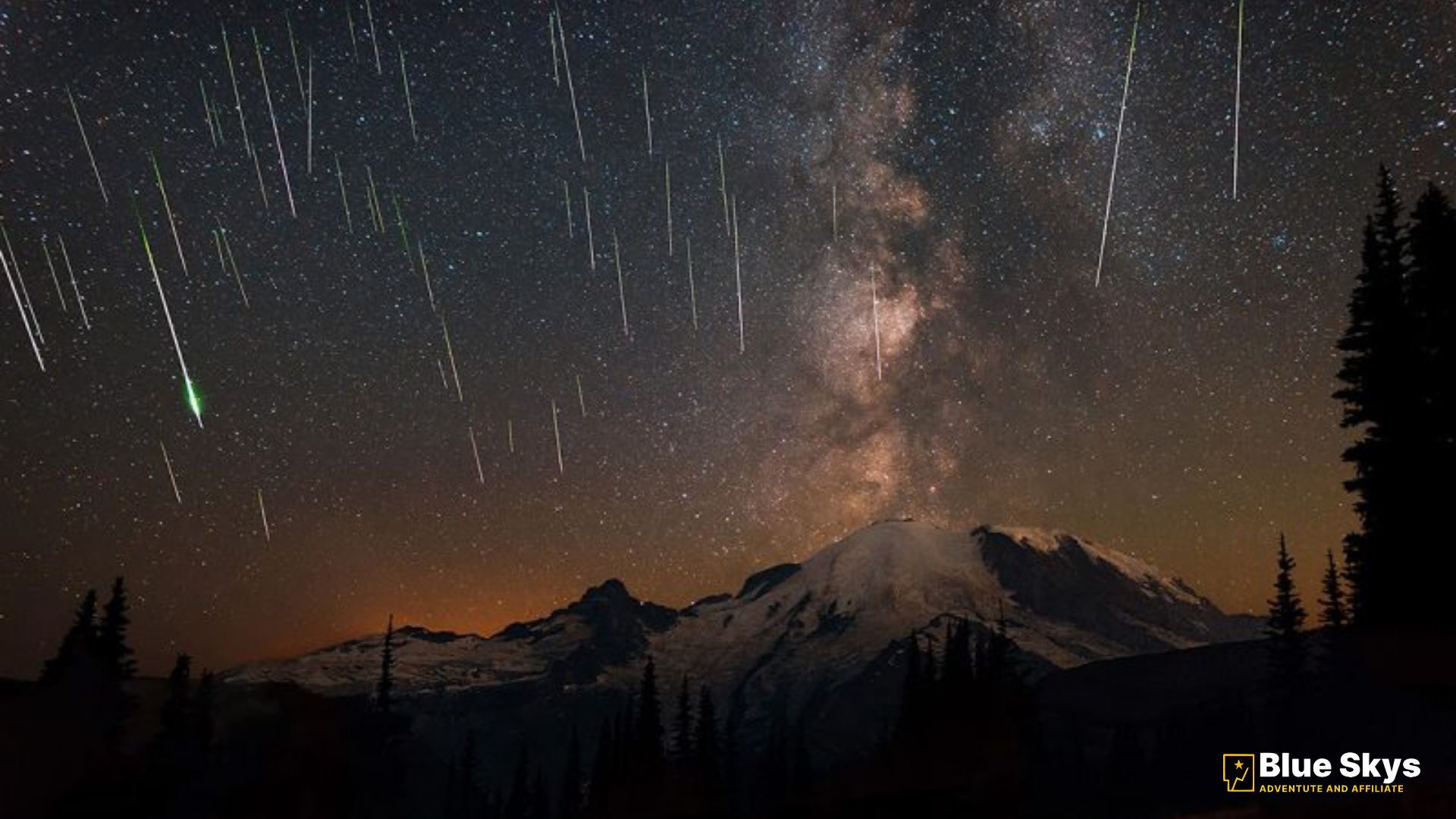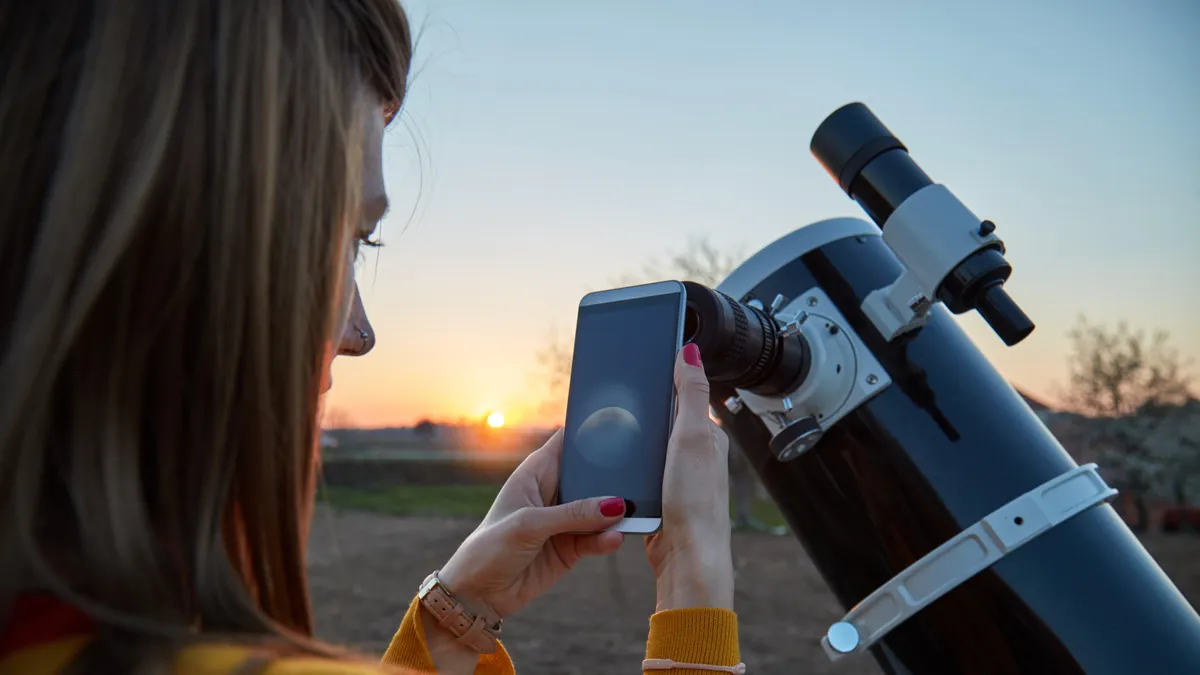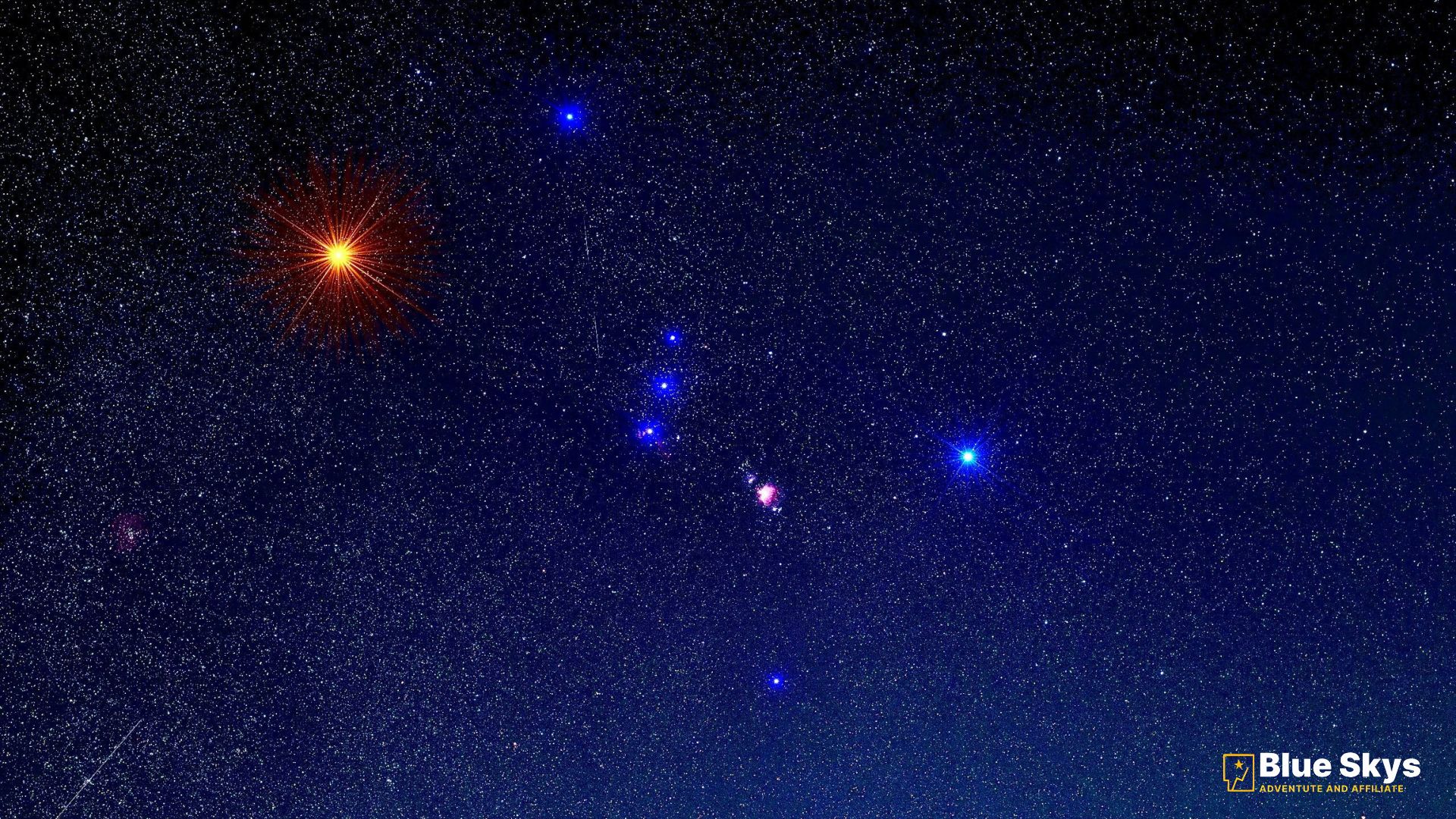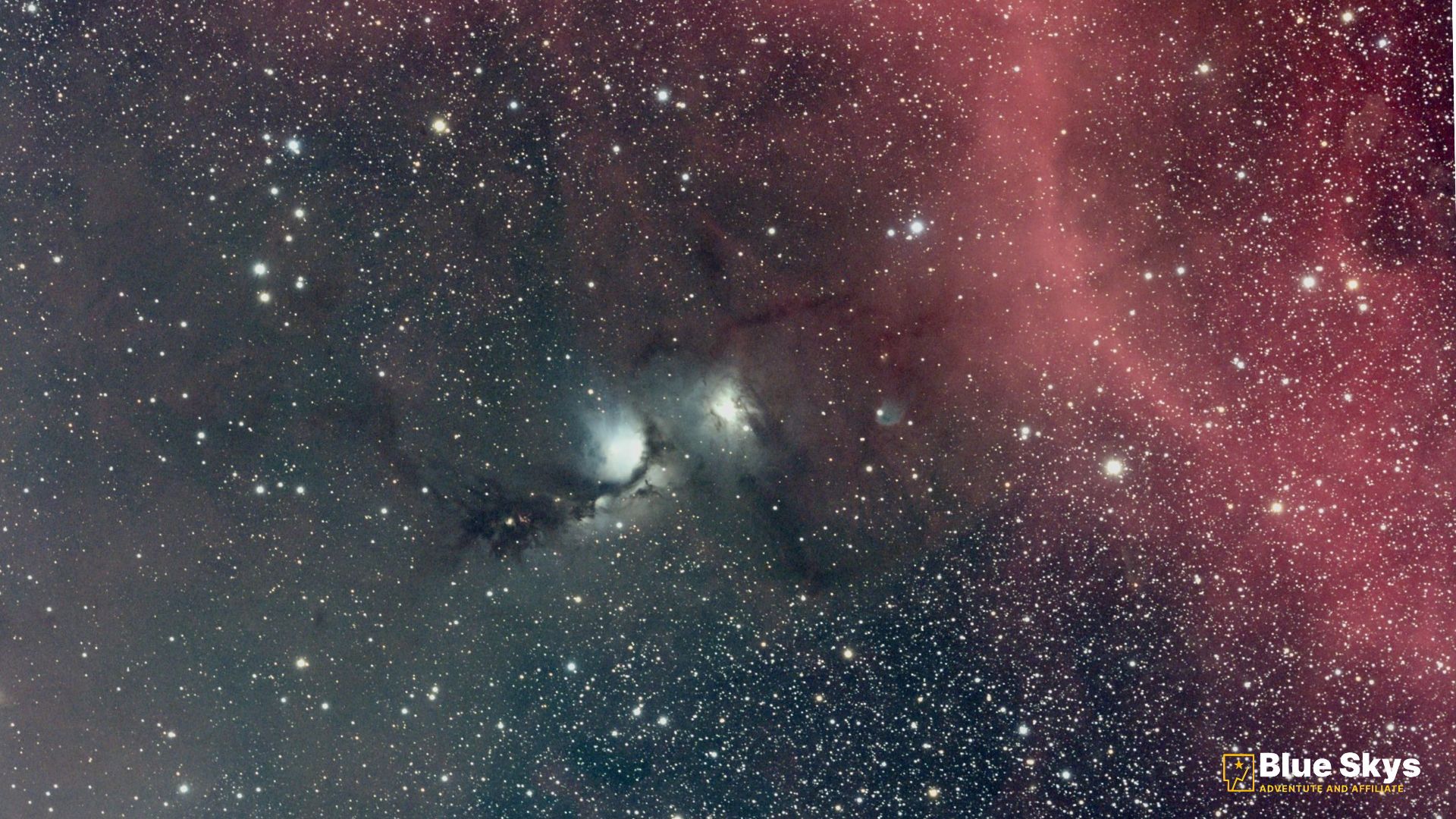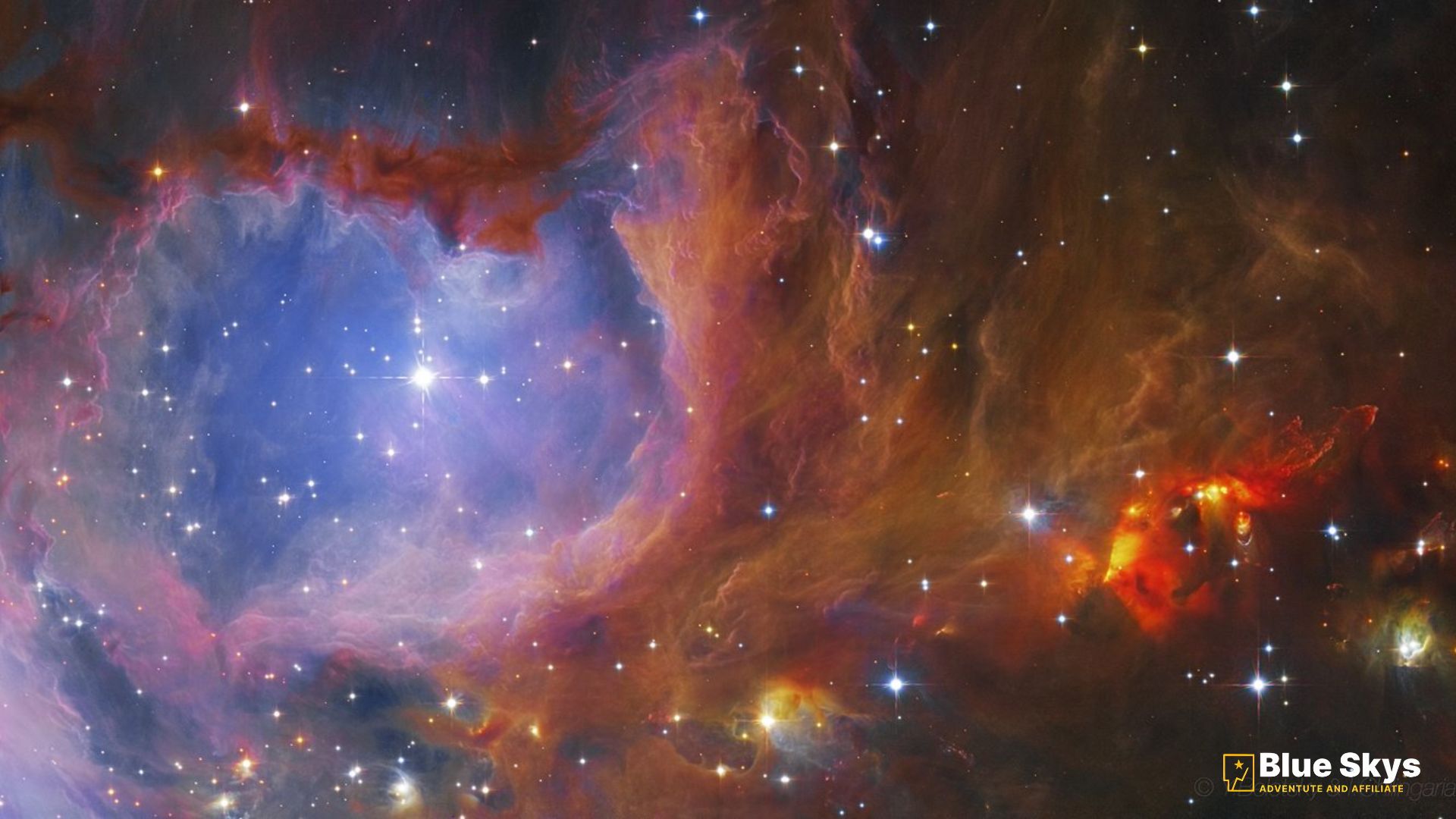Introduction
The first time I took my kids to watch a meteor shower, I worried they’d fall asleep before the sky even came alive. But the Draconids are different. Unlike most meteor showers that peak after midnight, this one comes early in the evening. The perfect stargazing show for families. On October 8, 2025, the Draconids promise an unforgettable night under the stars.
Quick Facts
Peak Date: October 8, 2025
Best Time to See: Early evening, just after sunset, before midnight
Origin: Comet 21P/Giacobini-Zinner
Radiant Point: Constellation Draco
Visibility: Best in the Northern Hemisphere
Family-Friendly: Yes — ideal for kids since it peaks early
The Main Event
The Draconid Meteor Shower is a special one. Its meteors come from debris left by comet 21P/Giacobini-Zinner, and unlike most showers, the Draconids peak in the early evening. That means you don’t need to stay up until 2 a.m. to catch the show — it’s all visible right after sunset.
The radiant point lies in the constellation Draco, the dragon winding its way around the Little Dipper. While you don’t need to stare directly at Draco to see meteors, knowing where it is makes the event even more fun for families and beginner stargazers.
The Family-Friendly Angle
Because it peaks before midnight, the Draconid meteor shower is tailor-made for families. Here’s a step-by-step plan for your outing:
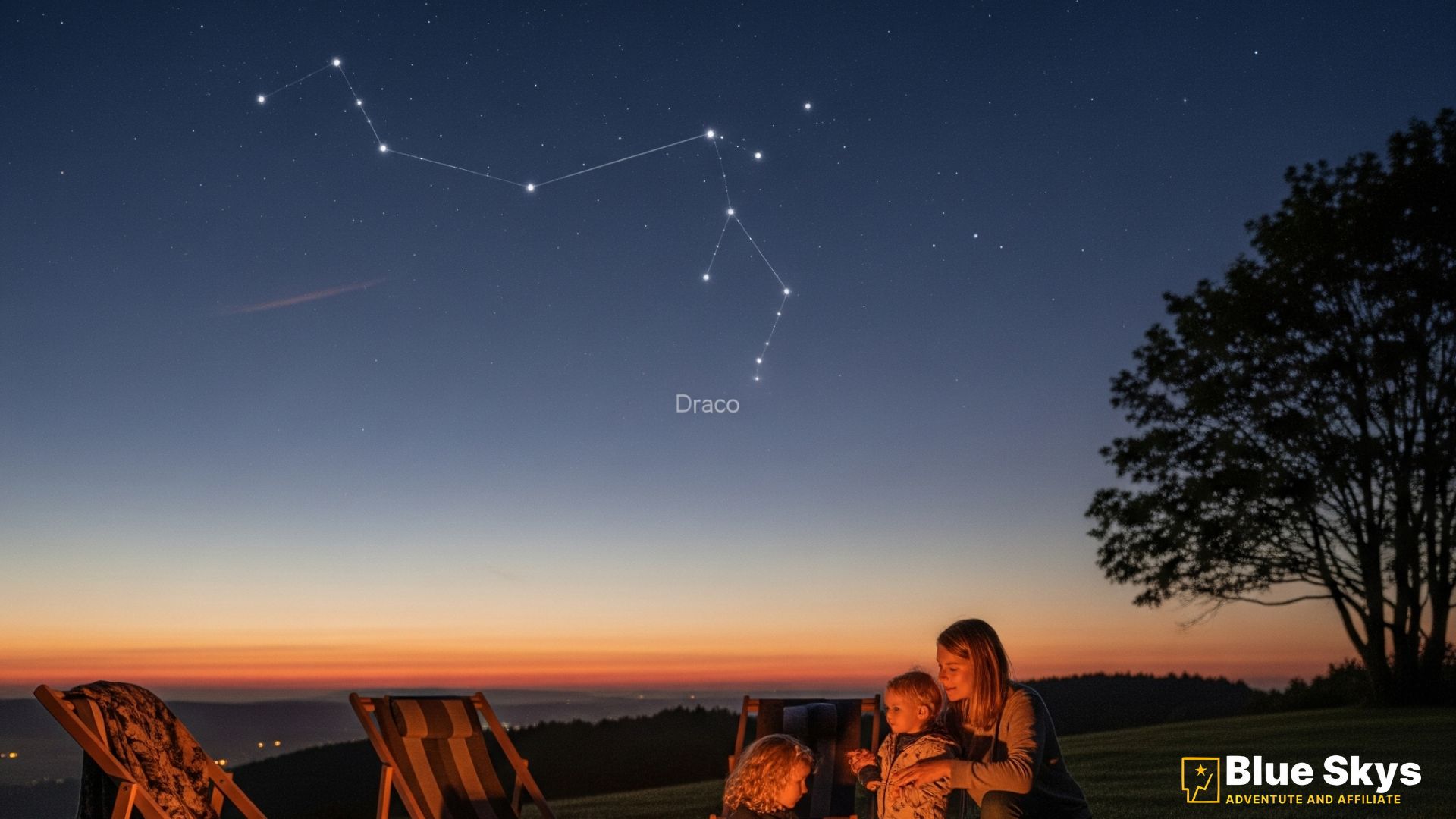
1. Pack Smart: Bring blankets, lawn chairs, binoculars, a thermos of hot chocolate, and warm layers.
2. Pick a Spot: Find an open area with little to no artificial light. Parks, hilltops, or your backyard (if it’s dark enough) work perfectly.
3. Find Draco: Look northward for the Little Dipper. Draco curls between it and the Big Dipper — that’s the radiant point.
4. Settle Early: Arrive before sunset so kids can see the sky gradually darken and learn some constellations.
Tip: Turn off phones and flashlights, or use red filters, so your eyes adjust to the dark more quickly.
3 Simple Steps to See the Draconids
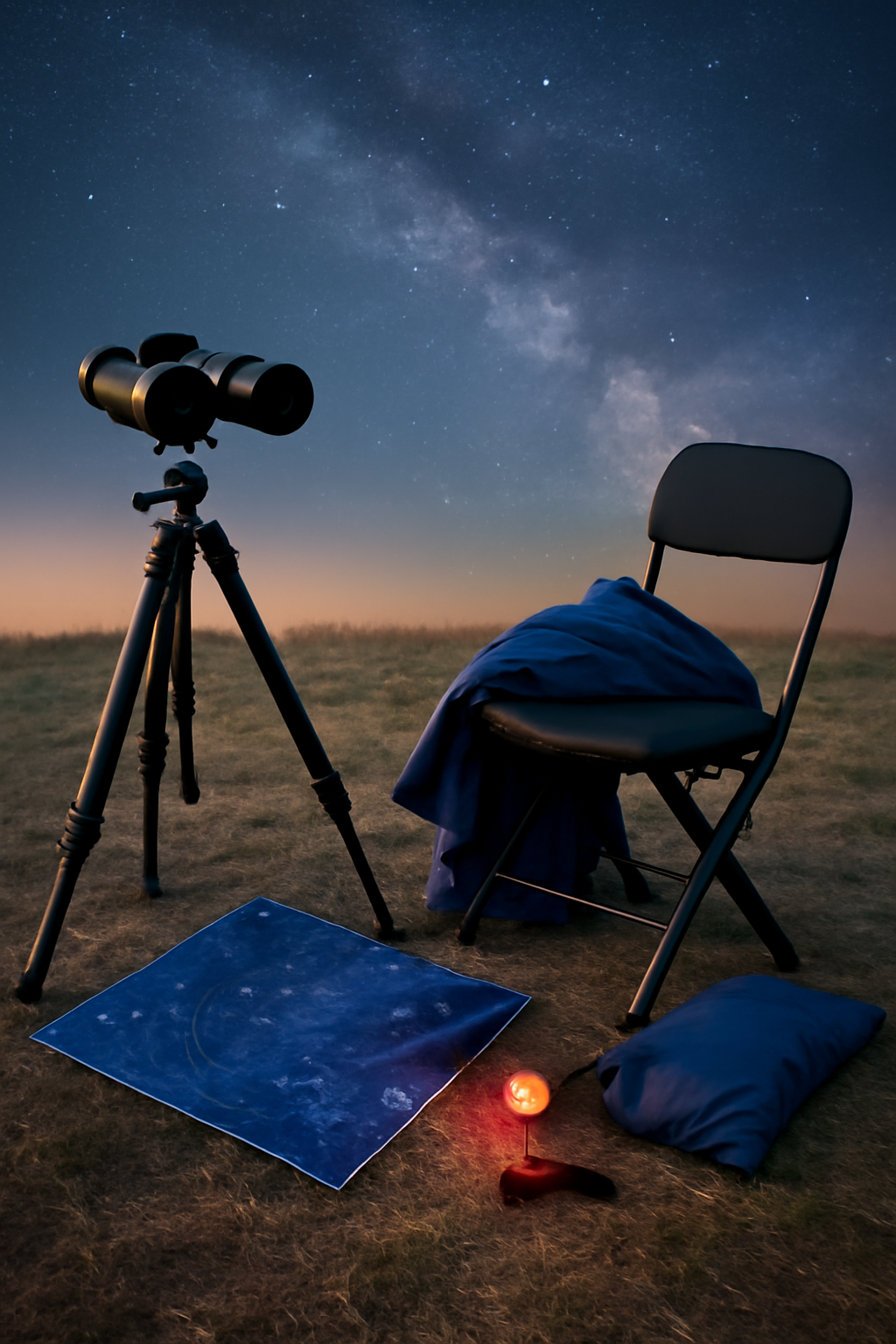
1. Head outside just after sunset on October 8, 2025.
2. Look north toward the constellation Draco.
3. Relax on a blanket or chair and give your eyes 15–20 minutes to adjust.
The Local Connection
If you’re in Top 10 Dark Skys destinations, here are some great spots to catch the show:
Local Park: Choose a park that’s away from city lights for clearer skies.
Observatory: Many observatories host free or ticketed viewing nights for meteor showers.
Dark Sky Areas: If your region has a certified dark-sky preserve, that’s the ultimate spot for stargazing.
Internal Links
2025 Stargazing Events Calendar
Call to Action
Make a plan now for October 8, 2025. The Draconid Meteor Shower is your chance to introduce kids, friends, and loved ones to the wonder of the night sky — all without staying up past midnight. Share your photos and stories with the hashtag #BlueSkysDraconids and inspire others to look up.
